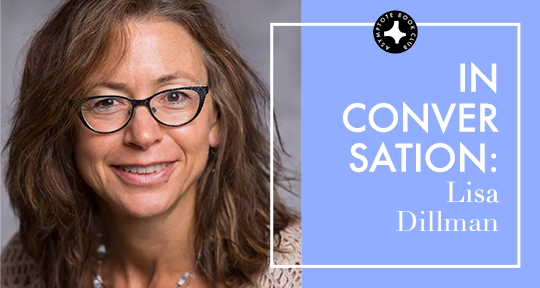This week, our editors report on the foremost developments from their respective regions. In North Macedonia, a new collection from a renowned poet and director finds solace and profundity in the complex nexus between human life and its context. In the Philippines and Bulgaria, readers bid farewell to two titans of writing and translation.
Sofija Popovska, Editor-at-Large for North Macedonia, reporting from North Macedonia
Prostori (Spaces), the third poetry collection by renowned Macedonian film director and poet Antonio Mitrikjeski, was recently published by Dijalog Press. With a track record of two well-received collections and several films playing at festivals across the world, Mitrikjeski is equally ‘intellectually rich and emotionally lush’ in his visual language as he is in literature, per writer Dimitar Bashevski’s review of Prostori.
The collection is fittingly cinematic; weaving together a mystical sublime, oracular dreamscapes, and a loving mimesis of familiar places, Mitrikjeski’s robust poetic voice blends inner and outer worlds, delving deep into the human psyche as he wanders into distant regions—mountain peaks, the ocean’s floor, the night sky. Frequently apostrophic, he foregrounds the deep entanglement between his human subjects and their environments, their ideas, and the people around them. In ‘Saraj,’ a poem about his childhood home, Mitrikjeski celebrates the ‘fraternity of children’ and ‘the mystique and simplicity of all the silhouettes who confessed their feelings’ in the ‘house bearing the roots of beginnings,’ where he still discovers the ‘eternal. . . fraternity of those present.’ Opening the collection and dedicated to his parents, ‘Saraj’ is programmatic. Throughout Prostori, the speaker is preoccupied with finding connection amidst distance, and this search is mediated via both real and oneiric spaces, as well as the relationships they make possible: ‘The lake’s water connects us all. / The fog is lifted,’ writes Mitrikjeski in ‘The Word’. The word itself, the material of poetry—’invisible, written upon the ruins’—will remain eternally within the lake, that is, within the space of human connections, among ‘familiar names’. READ MORE…


